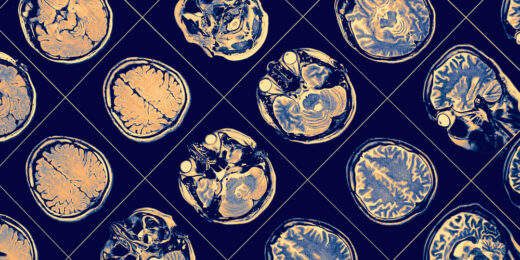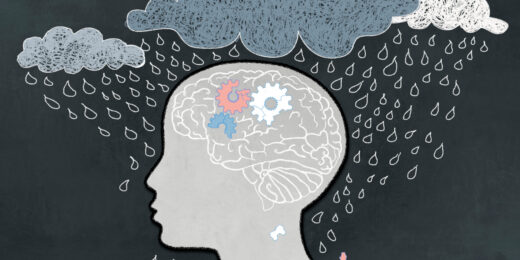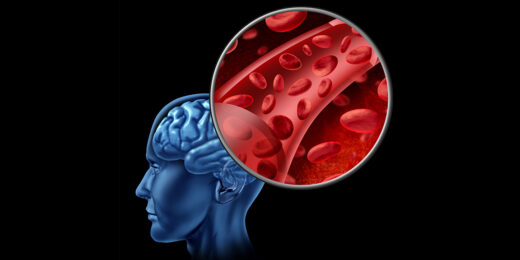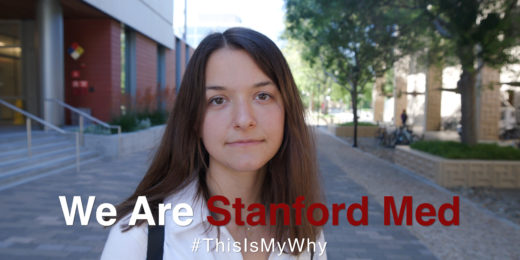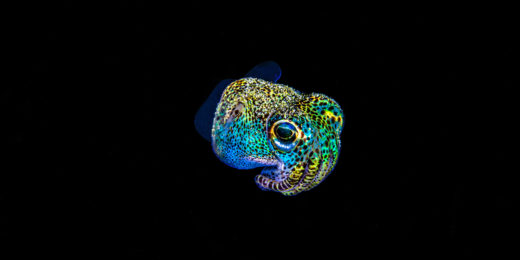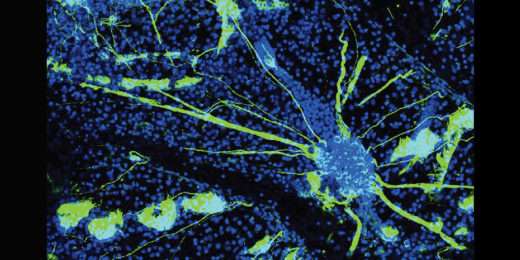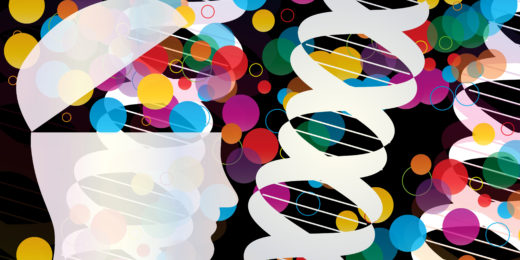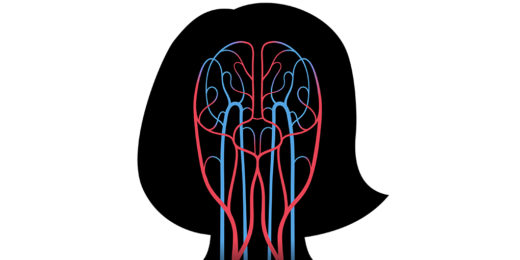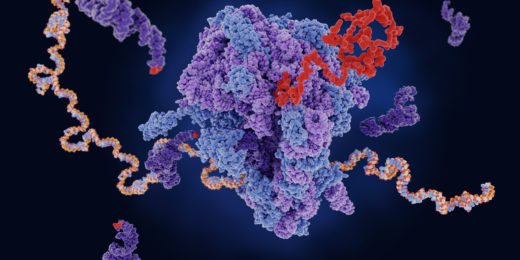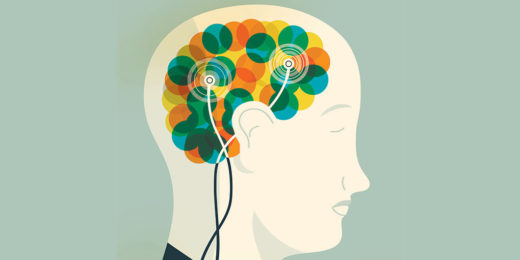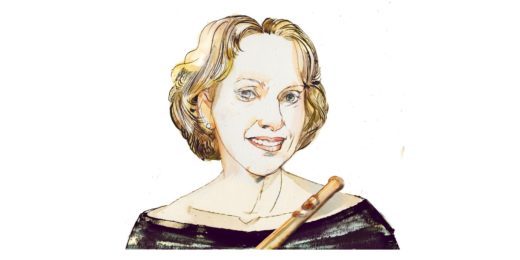A few closely related drugs, all squarely aimed at treating Alzheimer’s disease, have served up what can be charitably described as a lackadaisical performance. Stanford Medicine neurologist Mike Greicius explains why these drugs, so promising in theory, don’t appear to be helping patients much if at all.
Category: Alzheimer’s
What really happens to our memory as we age?
A Q&A with a Stanford neuroscientist on dementia, healthy aging and memory loss — and how we can protect our brains in later life.
Depression: Early warning sign or risk factor for dementia?
Stanford Medicine researchers showed that risk of dementia increases for people previously diagnosed with depression.
Blood condition linked to protection against Alzheimer’s
Researchers at Stanford Medicine explore a potentially causative connection between a blood disorder and Alzheimer's.
Scientists dance the beautiful brain
Stanford Medicine's Medicine & the Muse program hosts a night of neurobiology and dance to feature the intersection of the two.
We are Stanford Med: #ThisIsMyWhy with Melanie Ambler
Melanie Ambler, a student at the Stanford School of Medicine and "physician artist," playing the cello and learning to care for patients.
What can squid brains teach us about nervous system evolution?
Researchers are studying the bobtail squid to learn more about the evolution of intelligence. Their focus is on "large genes."
Can we rejuvenate aging brains?
A Stanford Medicine researcher discusses his neuroscience-driven investigation into aging and if it's possible to rejuvenate an aging brain.
What can sea squirts tell us about neurodegeneration?
Researchers have found parallels between the degeneration of a neurons in a tiny sea invertebrate and the human brain.
The science behind muscle memory
Stanford Medicine researchers tracked memory formation in real time, watching how muscle memory is created.
Ask Me Anything: Brain health and cognition
Sharon Sha, Stanford Medicine neurologist discusses all things brain health and cognition in an Ask Me Anything.
Clues from Down syndrome hint at new Alzheimer’s finding
Researchers at Stanford Medicine have discovered a possible molecule connection between Down syndrome and Alzheimer's disease.
Genetic atlas links Alzheimer’s with brain’s blood vessels
Stanford researchers have linked the brain's blood vessel system to the development of Alzheimer's disease.
What’s the role of protein machines in diseases of aging?
Researchers find that the ribosome, a protein-making machine, may contribute to diseases of aging, such as Alzheimer's and Parkinson's.
Putting the move back in movement
Researchers at Stanford Medicine explore ways to help patients restore function after neurological illness or injury.
Finding joy in music and poetry while navigating Alzheimer’s
In a Stanford Medicine magazine Q&A, flutist Eugenia Zukerman discusses finding joy through music and poetry since her Alzheimer's diagnosis.


